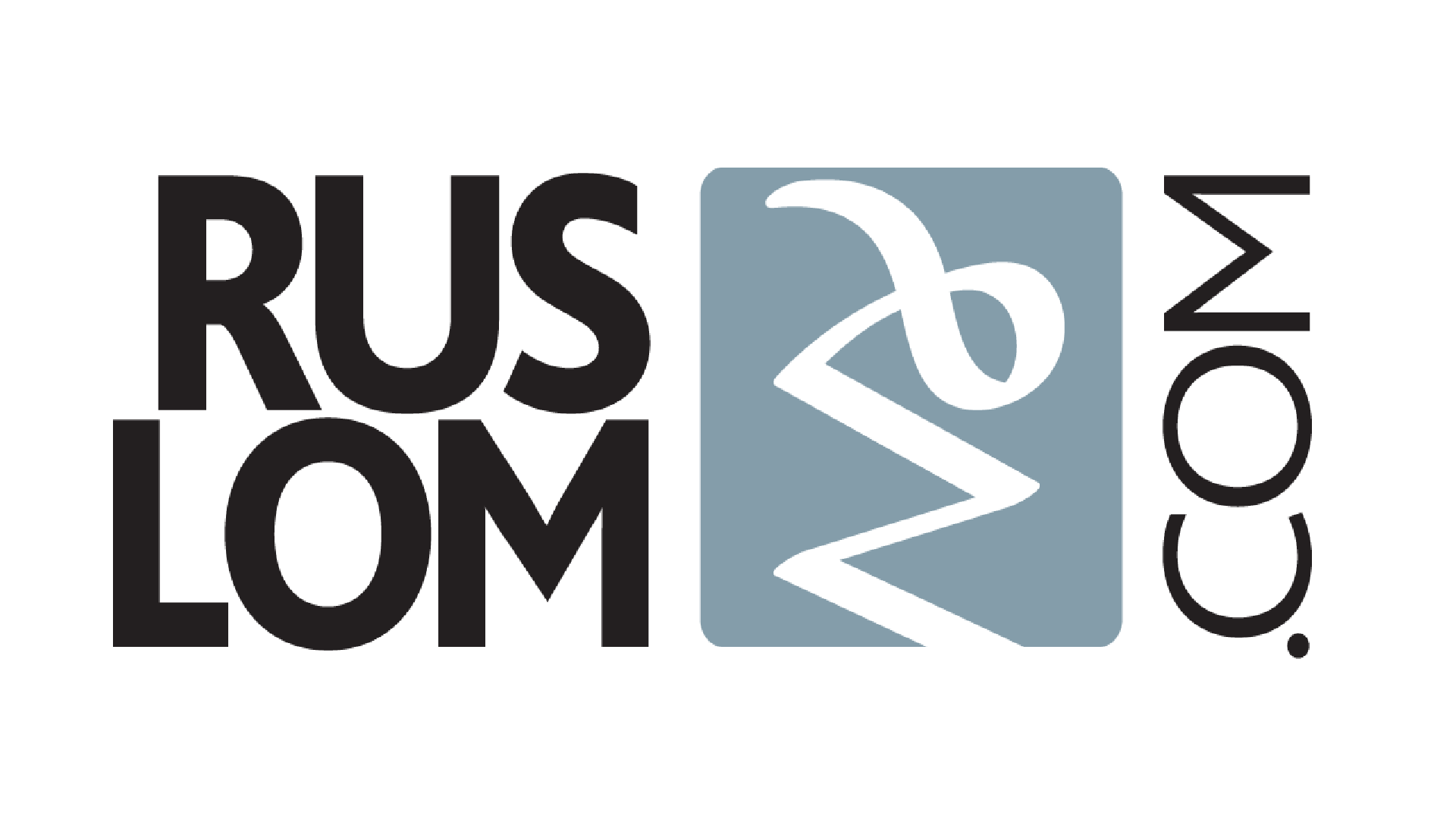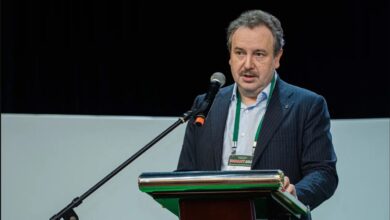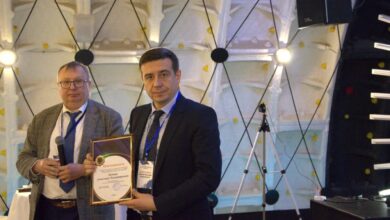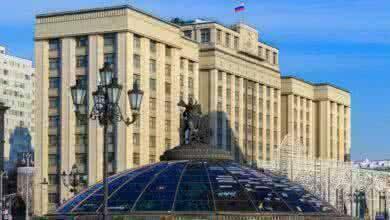By Kommersant Newspaper
https://www.kommersant.ru/doc/4457574
17.08.2020
As Kommersant found out, the Government failed to come to an agreement on the introduction of quotas for the export of scrap metal, which are promoted by the Foundation for Development of Tube Industry (FRTP) and some metallurgists. Thus, the Ministry of the Economy sees the introduction of quotas as a violation of Russia’s obligations to the WTO. The Customs Service believes that quotas will not meet their goals, since raw materials will be exported through the EAEU (Eurasian Economic Union) countries, although the FRTP believes that such re-export will be unprofitable. Meanwhile, the need for quotas looks more and more questionable against the forecasted decrease in metal consumption.
The ministries are not ready to unequivocally support quotas for the export of scrap, as follows from the correspondence with which Kommersant got acquainted. The initiator of the quotas is the FRTP, which represents the interests of the largest pipe-producing companies. The foundation proposes to introduce quotas on exports to non-EAEU countries for six months with a quota volume of 1 million tons. Otherwise, the foundation predicts a decrease in steel production in Russia by 2.5–4 million tons.
From the letter of the Ministry of Finance to the Ministry of Industry and Trade in June, it follows that the Ministry ‘considers it possible’ to support the foundation’s proposal, but expects additional information from it, including the information on administrative mechanisms that would eliminate the risks of exporting scrap to third countries through the territory of the Eurasian Economic Union. The Federal Customs Service (FCS), in turn, referring to the law enforcement practice of the customs, notes that such unilateral measures lead to the ‘relocating of flows’ of goods through the EAEU countries, which ‘prevents achieving the stated goals’.
The Ministry of Finance informed Kommersant that its position on the issue of quotas is being worked out; the FCS did not provide any comments.
The head of the FRTP, Igor Malyshev, noted that scrap of ferrous metals is an inexpensive commodity, so its export through other EAEU countries is unprofitable due to high cost of logistics.
Moreover, all the EAEU member states have various restrictions on the export of scrap, including not only in relation to third countries, but also the countries of the Union.
According to Kommersant’s information, among the market participants, quotas are supported by Severstal, the Abinsk Electric Steel Works and Magnitogorsk Iron&Steel Works (MMK), which note an acute shortage of unalloyed ferrous scrap on regional markets. A representative of MMK confirmed this information to Kommersant, the others did not provide any comments.
The data prepared for the meeting of the working group of the Government Subcommittee on Customs, Tariff and Non-Tariff Regulation (which will consider the issue of export quotas) says that according to the analysis of the Russian market in 2020, a shortage of at least 1 million tons of unalloyed ferrous scrap is predicted. In addition, according to the agreed estimates of metallurgical and scrap collecting associations, the level of scrap collection of ferrous metals by the end of 2020 will decrease by 15%, from 26.8 million to 22.8 million tons, that is, by 4 million tons, which is comparable to the total amount of Russian export of scrap ferrous metals in 2019.
According to Kommersant’s information, the Ministry of the Economy is strongly opposed to quotas.
The Ministry insists that there is a lack of data on the critical shortage of scrap in the domestic market. In addition, FRTP’s proposal has the signs of violation of Russia’s obligations to the WTO.
The Ministry of the Economy’s letter to the Ministry of Industry and Trade dated June, 23rd stresses that the issue of quotas for the export of scrap was repeatedly discussed at the government level, but the final decision was to abandon quotas and introduce the exchange mechanisms for the sales of scrap. The corresponding decision was made in October 2019 by Deputy Prime Minister Dmitry Kozak, but after he had left the government, exchange trading failed to start. The Ministry of the Economy left Kommersant’s inquiry without response.
The Association of metal scrap processors RUSLOM.COM informed Kommersant, that although the FRTP justifies the need for restrictions on a possible shortage of raw materials during the period of quarantine measures in the country, there have been no real cases of stoppages or failures of metallurgical production due to a lack of scrap.
According to the Association, in fact, metal production is decreasing and ‘at present, scrap collectors in many regions are already experiencing problems with sales’.
Maxim Khudalov from ACRA agreed that the demand for scrap this year will decrease, as the demand for rolled steel and pipes in Russia is obviously going to decrease. This is confirmed by the forecasts of metallurgical companies: MMK expects a decrease in metal consumption in the Russian Federation by 7-10% by the end of the year, Severstal – by 6-9%.
Evgeniy Zaynullin, Kommersant





